Where Emotions Unite
Festivals
Spreading Cheer and Happiness in our lives, we celebrate the season of festivals.
The Historical and Cultural Significance
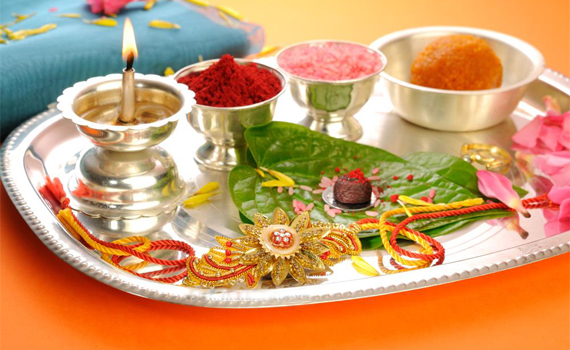
RAKHI
The Origin:
It is often interesting to find the reason or significance of a festival. RakshaBandhan shares a similar background. The most popular one is from the Mahabharata and it acknowledges the relationship between Lord Krishna and Draupadi. According to the epic, one morning, when Lord Krishna was flying a kite, he cut his finger on the abrasive string. Draupadi, who was nearby, saw him bleeding profusely and ran to him. She then tore a piece from her sari and tied it around his finger. Lord Krishna was so touched that in return he promised to protect her from all evil, forever. And he did protect her all along, especially during her ‘cheerharan’ by the Kauravas....view more
DIWALI
The Origin:
Though there are many legends associated with the festival of Diwali, but the most popular is the legend of King Ram. Diwali is the day when Ram returned to Ayodhya following 14 years of exile after defeating the demon king Ravana who abducted Sita, wife of Ram. People of Ayodhya were absolutely ecstatic at the homecoming of Ram and rejoiced by lighting up their houses and distributing sweets to each other, a tradition still followed by all those who celebrate the festival.....view more
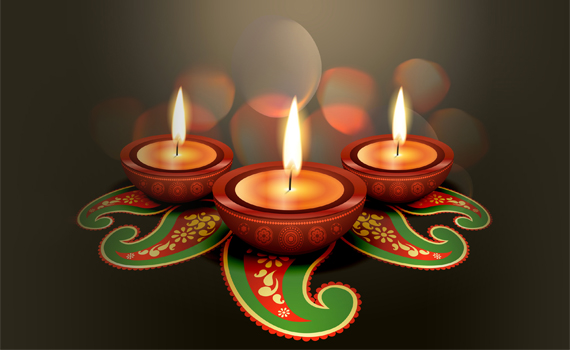
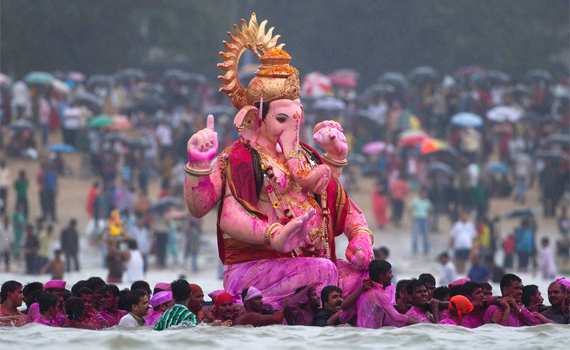
GANESH CHATURTHI
The Origin:
It isn't clear when Ganesh Chaturthi was first celebrated. History records the festival being celebrated in Pune as a public event during the reign of Shivaji, the founder of the Maratha Empire in 1630-80. From 1749 till 1818, the Peshwas encouraged the celebrations in Pune.
With the fall of the Peshwas, the Ganesh Chaturthi festival lost its state support and became a private family celebration till its renewal by Lokmanya Tilak. In 1893, Lokmanya Tilak changed the family festival into a large public event. He popularized Ganesh Chaturthi as a major festival in order to bridge the gap between different castes and generate patriotic zeal among people against the British rule.....view more
LOHRI
The Origin:
More than just a festival it is a way of life. The celebrations and gatherings make it a community festival. Lohri involves a Puja Parikrama around the bonfire and distribution of Prasad.
This symbolizes a prayer to Agni, the spark of life, for abundant crops and prosperity. The first Lohri of a new born child and a newly wed bride is considered very auspicious.....view more
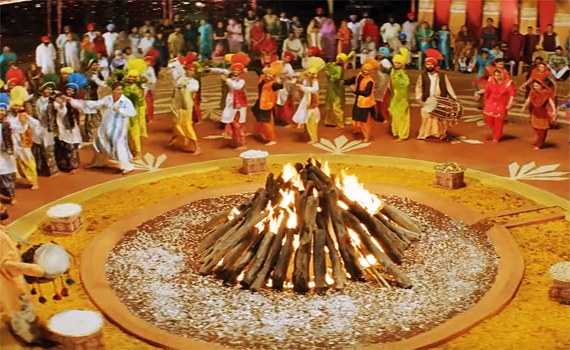
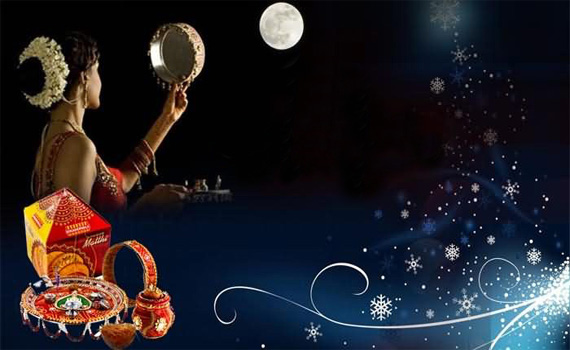
KARVA CHAUTH
The Origin:
There are many hypotheses for the origin of this festival. The first one is that during these months of October and November, military campaigns and long-distance travel usually resumed, as the areas dried and many rivers of the region subsided from the effects of the monsoon. Women kept the fast to pray for their husband's safety as they ventured away from home.
The festival also concurs with the wheat-sowing time. Big earthen pots called karvas were used to store wheat, so the fast may also have originated as a prayer for good harvest.....view more
